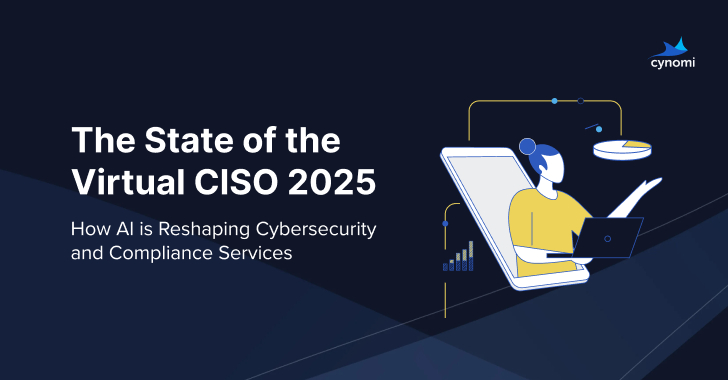
The Payment Card Industry Data Security Standard (PCI DSS) Requirements
In today’s digital age, ensuring the security of payment card information is of utmost importance for businesses and consumers alike. The Payment Card Industry Data Security Standard (PCI DSS) is a set of requirements designed to protect cardholder data and maintain the integrity of payment card systems. In this article, we will delve into the core requirements of PCI DSS and explain how businesses can achieve compliance.
- Build and Maintain a Secure Network: The first requirement of PCI DSS is to establish and maintain a secure network infrastructure. This includes installing and regularly updating firewalls, using unique system passwords, and securing all cardholder data transmission with encryption.
- Protect Cardholder Data: Businesses must implement stringent measures to protect cardholder data. This involves encrypting sensitive information during transmission and storage, ensuring the use of secure authentication mechanisms, and restricting access to cardholder data on a need-to-know basis.
- Maintain a Vulnerability Management Program: It is crucial to regularly update and maintain all systems and applications in order to protect against potential threats. Implementing antivirus software, conducting regular system scans, and addressing vulnerabilities promptly are integral to maintaining a secure environment.
- Implement Strong Access Controls: Access to cardholder data must be restricted and closely monitored. Businesses should assign unique IDs for each employee, limit access privileges based on roles, and employ two-factor authentication methods to prevent unauthorized access.
- Regularly Monitor and Test Networks: Ongoing monitoring and testing of networks are vital to detect and respond promptly to any potential security breaches. Implementing intrusion detection systems, conducting regular security testing, and maintaining secure audit trails all contribute to a robust security posture.
- Maintain an Information Security Policy: Organizations need to develop and implement a comprehensive information security policy that addresses all aspects of the PCI DSS requirements. This policy should include guidelines for data protection, password management, incident response, and employee security awareness.
- Conduct Regular Security Awareness Training: All employees must undergo periodic security awareness training to ensure they understand the importance of data security and their role in safeguarding cardholder information. Training should cover topics such as phishing attacks, secure password practices, and how to detect and report potential security incidents.
- Implement Incident Response Procedures: Having a well-defined incident response plan is essential for effectively handling and minimizing the impact of security incidents. This plan should outline the steps to be taken in the event of a breach, including the notification of appropriate parties, containment measures, and recovery procedures.
- Perform Annual PCI DSS Compliance Assessments: To validate compliance, businesses must engage a Qualified Security Assessor (QSA) or an internal auditor to conduct an annual PCI DSS compliance assessment. This assessment evaluates the organization’s compliance with the standard and identifies any areas that require improvement.
- Report Compliance: Following a successful compliance assessment, businesses are required to submit a Report on Compliance (ROC) or a Self-Assessment Questionnaire (SAQ) to the acquiring bank or payment card brands. This report attests that the organization has met the PCI DSS requirements.
- Maintain Compliance on an Ongoing Basis: Achieving PCI DSS compliance is not a one-time effort. It requires continuous monitoring, maintenance, and improvement to sustain a secure environment for cardholder data. Businesses should regularly review and update their security measures and policies to address new threats and vulnerabilities.
- Secure Payment Card Devices: Point-of-sale (POS) terminals and other payment card devices must be secured to prevent tampering or unauthorized access. Businesses should physically secure these devices, monitor them for any signs of tampering, and regularly update and patch the software running on the devices.
- Engage with Qualified Vendors: When outsourcing payment card processing or engaging with third-party service providers, businesses must ensure that these vendors adhere to PCI DSS requirements. Conduct due diligence, sign written agreements, and regularly assess their compliance to reduce the risk of a data breach.
- Understand and Comply with Applicable Reporting Requirements: Depending on the organization’s transaction volume, additional reporting requirements may apply. Businesses should familiarize themselves with the specific reporting obligations outlined by their acquiring banks and payment card brands and ensure compliance.
- Stay Up-to-Date with Changes: PCI DSS requirements evolve to address emerging threats and vulnerabilities. Stay informed about any updates or revisions to the standard through the PCI Security Standards Council’s website, newsletters, or training programs. Regularly review the latest version of the standard to ensure continued compliance.
In conclusion, achieving and maintaining compliance with PCI DSS is crucial for businesses that handle payment card information. By adhering to these requirements, organizations can protect cardholder data, strengthen security measures, and build trust with customers. It is essential to develop a comprehensive strategy that addresses all aspects of the PCI DSS requirements and regularly review and adapt security measures to stay ahead of evolving threats.
Contact Cyber Defense Advisors to learn more about our GDPR Compliance solutions.





